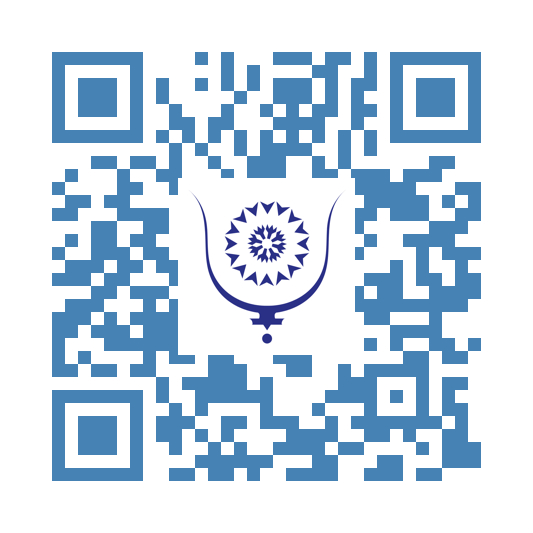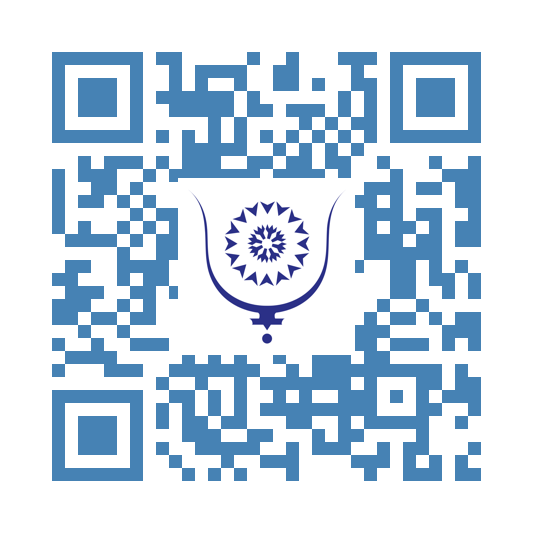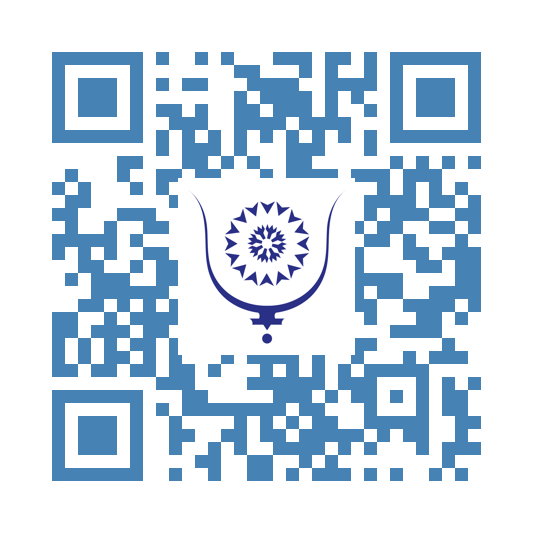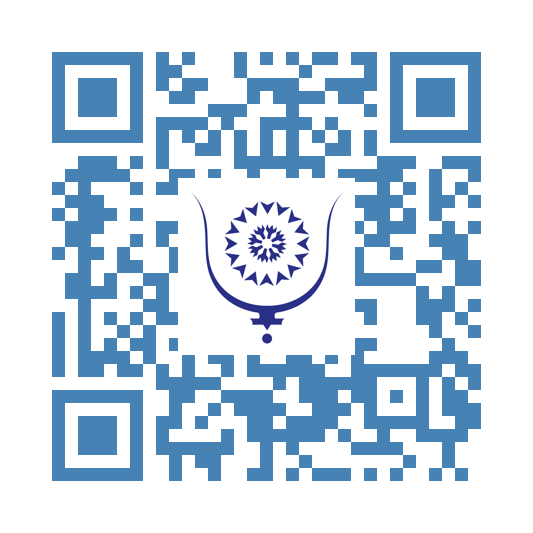AFCON 2025: When Realpolitik and Institutional Influence Overpower the Rule of Law 37
The ruling issued by CAF on January 29, 2026, regarding the tumultuous conclusion of the Morocco-Senegal final, transcends mere sporting arbitration. It signals the emergence of a structural denial of justice where Realpolitik has effectively superseded codified norms. By delivering this verdict of convenience, CAF has squandered a pivotal historical opportunity.
Legal recourse through the Court of Arbitration for Sport (CAS) now stands as the sole remaining avenue to restore the primacy of law over political maneuvering. This step is essential to transform a denial of justice into a redemptive legislative precedent, capable of dismantling the impunity of those who believe they can subvert the system through "pitch-side sedition."
Tactical Obstruction and the Legal Grey Zone
Contrary to the radical interpretations circulated in the heat of the moment, the Senegalese squad never executed an irreversible physical withdrawal from the field. By remaining within the technical perimeter, the actors de facto neutralized the application of Article 82 of the CAF regulations.
However, this technical distinction does not diminish the gravity of the events. We witnessed a strategic "hostage-taking" of the match. By instrumentalizing the pitch's grey zones, Senegal exerted overwhelming psychological and administrative pressure on the officiating crew, paralyzing the natural flow of the game. This "perimeter sedition" constitutes a major breach of sporting ethics: a manifestation of "might makes right" rather than the rule of law. By validating this conduct, CAF has effectively sanctioned the threat of withdrawal as a legitimate negotiating lever during a match.
The Urgency of a Sui Generis Disciplinary Framework
The current continental sporting law is trapped in an obsolete binarism: a match is either played or abandoned. In the face of such systemic obstruction, the existing legal regime resembles a "tree bearing bitter fruit."
It is now imperative to establish a specific offense of obstruction. The law cannot remain silent when a team saturates the technical space to freeze the clock and coerce a favorable outcome. Future reforms must focus on intentionality: any refusal to resume play, even if the team remains on the sidelines, should result in an automatic forfeit. Without this "scientization" of sanctions, African football is condemned to permanent legal insecurity.
Institutional "Entrisme" and the Shadow of Hard Power
Analysis reveals a glaring asymmetry of power. While Morocco has invested in contributory "Soft Power," Senegal appears to have secured judicial "Hard Power." It is now evident that the Senegalese Federation is deeply embedded within the inner sanctums of CAF.
The presence of a national figure at the helm of the Disciplinary Committee—notwithstanding any formal recusal—creates an insurmountable structural bias. This "Solomonic justice"—sacrificing a fuse (the coach) to protect the institution (the trophy)—is a calculated maneuver of Realpolitik designed to appease a federation whose institutional influence now dictates the tempo of verdicts at the expense of equity.
The Referee’s Report: A Veil for Incompetence
The Disciplinary Committee has retreated into willful blindness by relying exclusively on the reports of referees and officials, disregarding material, chronometric, and video evidence.
The "Judge and Party" Conflict: The referee, whose loss of authority was the primary catalyst for the chaos, cannot be considered a legitimate or objective narrator of the facts.
Administrative Distortion: By relying on these often laconic or biased minutes, the Commission deliberately prioritized administrative finality over the reality of the pitch. This creates a vicious cycle where officials are shielded to avoid applying the full rigor of the law against the champion.
Conclusion: From Influence to Modernity
For months, a complacent media narrative attempted to portray Fouzi Lekjaa as the "demiurge" of CAF. However, this verdict demonstrates that real power lies elsewhere. By prioritizing political stability over legal rigor, CAF has undermined its own credibility.
Morocco, guided by the strategic vision of His Majesty the King, must now act as the champion of institutional modernity. A referral to the CAS is not merely a protest; it is a necessity to break the cycle of impunity and ensure that no entity can hijack the system through political leverage.
































